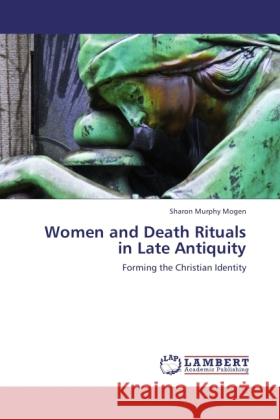Women and Death Rituals in Late Antiquity » książka
Women and Death Rituals in Late Antiquity
ISBN-13: 9783846583739 / Angielski / Miękka / 164 str.
Widely scattered primary data from late antiquity confirm that Roman-Christian families managed the rituals for death, burial, and commemoration of the dead at the domestic level. Household worship was regulated by Roman law, which explains in large part the lack of any serious interest by the emergent church in funerary matters until the mid-eighth century. During the interim therefore, Christian women as the primary caregivers and ritual specialists of the 'familia' assisted the dying, prepared the corpse for burial, lamented the dead in song, poetry, music, drama, and dance hosted funerary banquets, and remembered deceased family at the tomb. Furthermore, women were patrons and administrators of cemeteries, catacombs, martyr-shrines, and voluntary associations that buried deceased members. It was not until ca.750 that the Frankish bishops requested the nuns at the abbey in Chelles to compile the rituals for Christian dying, death, and burial. The result was a sacramentary of funerary liturgy called the Vatican Gelasian, the forerunner of the sacrament 'extrema unctio'. This fascinating history begs the question: Just how much did women contribute to an early Christian identity?











